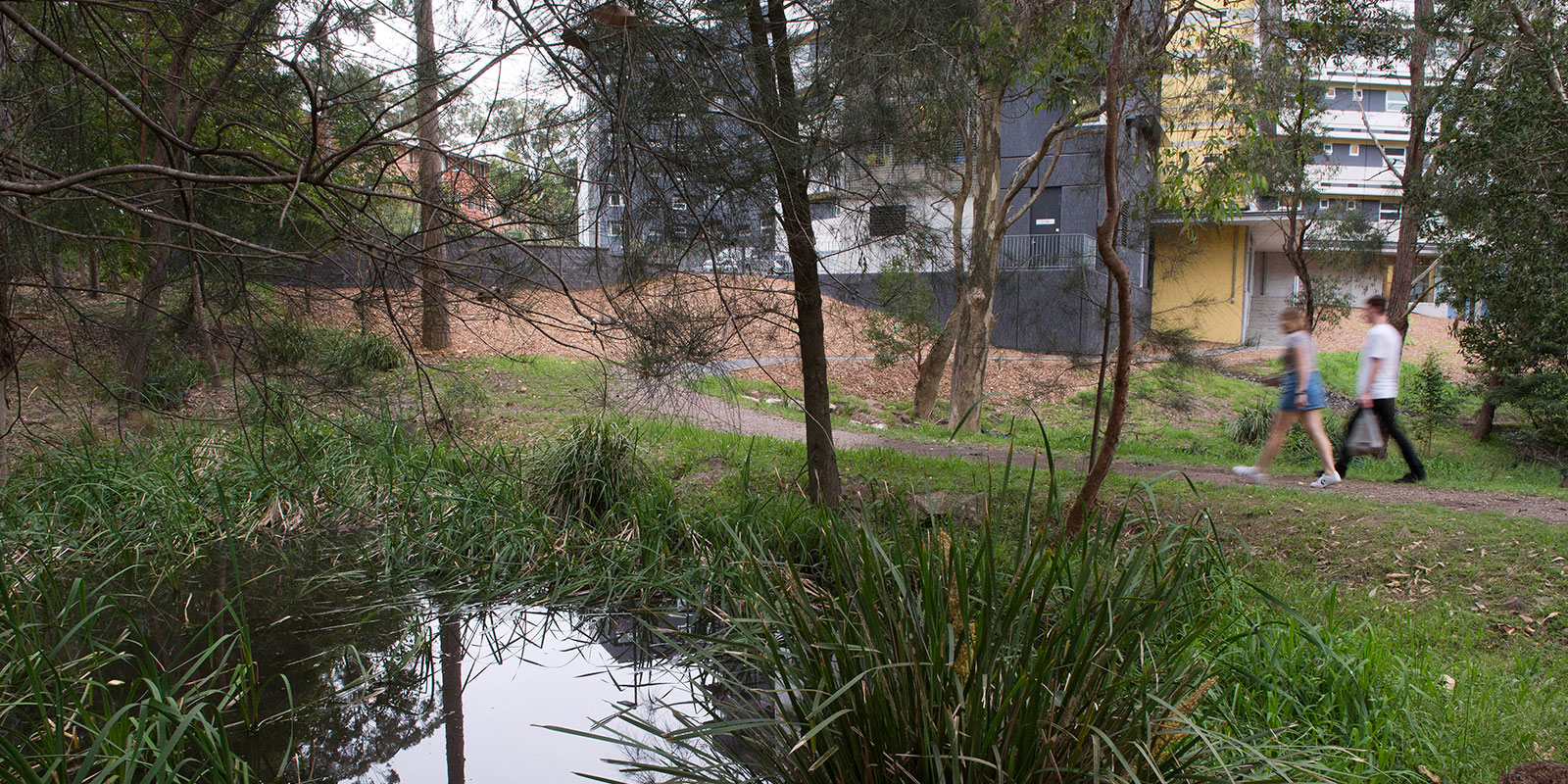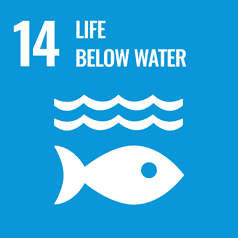

Goal 14:
Life Below Water
Collaboration for Shared Aquatic Ecosystems
The University of Newcastle actively collaborates with both local and regional communities through partnerships that support the protection and sustainable management of shared aquatic ecosystems.
One key example is our growing partnership with the Cook Islands National Environment Service (NES), which reflects our broader commitment to community-centred environmental research and capacity development across the Pacific.
Partnership with Cook Islands NES
- This collaboration supports scientific research, education, and capacity building tailored to the needs of local ecosystems and communities.
- Through the exchange of scientific knowledge, research tools, and educational resources, the partnership aims to build locally driven solutions to challenges affecting aquatic ecosystems — including pollution, biodiversity loss, and climate impacts.
- While the initiative is based in the Cook Islands, its outcomes are designed to have regional relevance, contributing to aquatic ecosystem resilience across the Pacific, including Samoa, Tonga, and beyond.
Additional Examples of Community Collaboration:
- Pacific Node
Established in partnership with the Secretariat of the Pacific Regional Environment Programme (SPREP), the Pacific Node provides a flexible platform for collaboration with local communities, industry and governments to protect marine and coastal ecosystems through education, policy, and applied research. - Mangrove and Coastal Ecosystem Projects
In 2024, students and researchers worked alongside Samoan community leaders and local schools on mangrove restoration projects that blended Indigenous knowledge and scientific practice to improve the resilience of coastal aquatic habitats. - CoastSnap Community Science
The University supports the CoastSnap initiative in local NSW coastal communities, enabling members of the public to take part in monitoring coastal change and informing adaptive shoreline management through crowdsourced data.
These partnerships reflect the University of Newcastle’s commitment to co-designing solutions with communities to sustainably manage aquatic ecosystems — both locally and across the broader Pacific region.
The University of Newcastle acknowledges the traditional custodians of the lands within our footprint areas: Awabakal, Darkinjung, Biripai, Worimi, Wonnarua, and Eora Nations. We also pay respect to the wisdom of our Elders past and present.